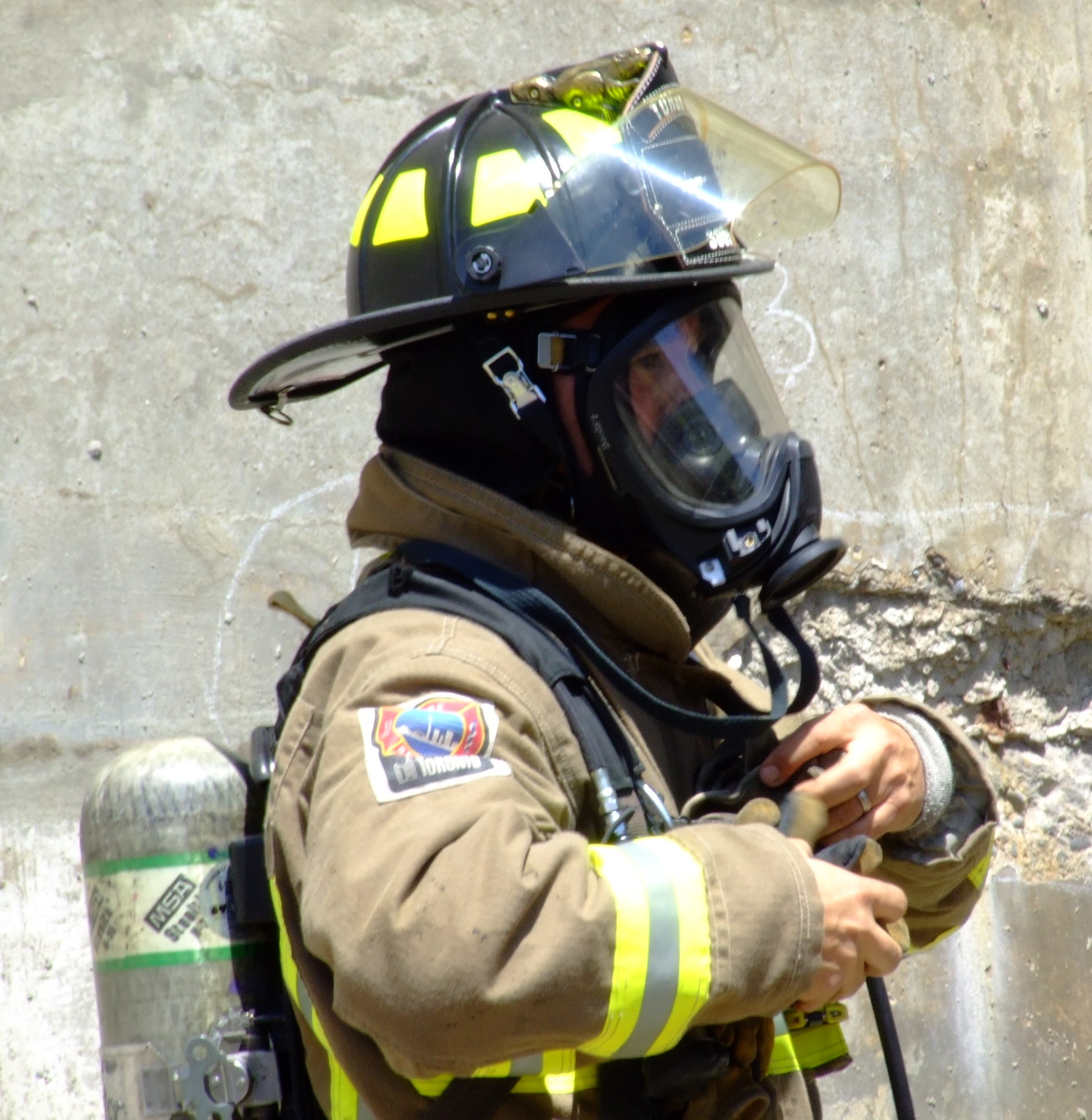1. Positive Statement: What positive thing happen as a result of what you have completed so far?
After completing my summer mentorship and findings an extensive amount of research I have been able to learn more than I would have ever imagined about the fire department. I have met many people who work and aspire to work for the fire department simply through completing my mentorship hours. That experience alone has also given me the opportunity to work hands on with other firefighters as they tough me vital information which they use on a daily basis, such as throwing ladders onto buildings and properly using their safety equipment. Although I would have to say that the majority of the positive things that have happened so far have come from completing my mentorship hours, I don't want to undermine the importance that finding research has had on me. Researching has allowed me to learn about several different aspects of firefighting, such as health, safety, and work life. All these positive outcomes that have arisen so far have had a big impact in my life, seeing as the new stuff that I have learned will help me forever.
2. EQ Content: Pick a piece of research or your interview. How has it helped you improve your understanding of your topic?
After reading "The Importance of Staying Hydrated" by Aaron Zamzom I was able to get a small glance at a minor hardships that firefighters are faced with, hydration. Although hydration plays a huge role in a firefighters life, many ignore its importance. It helps keep their bodies functioning properly and it protects them from several other heath conditions, such as heat cramps, heat exhaustion, and even heat strokes. At first I thought that this article was going to be of no use, and to be honest I only got it because it seemed amusing, but after reading it I knew that I was wrong. This article was filled with several facts from reliable sources such as the World Health Organization and it was really helpful because it helped me understand the importance that hydration plays on a firefighters life.
3. What has worked for you so far in the senior project?
Although there have been ups and down throughout this senior project, a common work habit that I have found to be beneficial so far has been the use of my resources. Being able to go the local library whenever a research check I coming up has been a great help considering that at first I couldn’t find any reliable information on firefighting. Aside from the library, being able to talk to other firefighters while I attend fire explorer meetings has also been a helpful experience because they help clarify any confusion that I may have on a certain topic.
4. What hasn't worked so far?
The biggest problem that I have faced throughout this senior project is focusing on one aspect of firefighting. I am continuously changing my mind and don’t know whether I should focus on structure fires, brush fires, hazmat, or medical calls. This indecisiveness has made me get a lot of information which I have not been able to apply to my life, which I find really disappointing.
5a. What is a potential question you would like to study this year? (working EQ)
What is the most efficient way to get a group of firefighters to work together under extreme levels of stress? I would deconstruct that essential question by defining the words efficient, firefighters, and stress. With my current knowledge I would probably answer the question by saying that a group needs to have good team work, be effective communicators, and trust one another. What is the most effective way to put out a structure fire? I would deconstruct that possible essential question by defining the words effective and structure fire. I find this question to be a bit more interesting than the first one because I really don’t know how to answer it and it would require some true research and learning on my part.
5b. What do you plan to do for mentorship? If you haven't found a mentor yet, then discuss where you are currently looking and who you are talking to find it.
For my mentorship I plan on trying to attend the fire explorer academy, which will eventually let me go on rides with firefighters when they’re on calls. If that doesn’t work I will probably continue to attend my traditional explorer meetings which are held every weekend.

